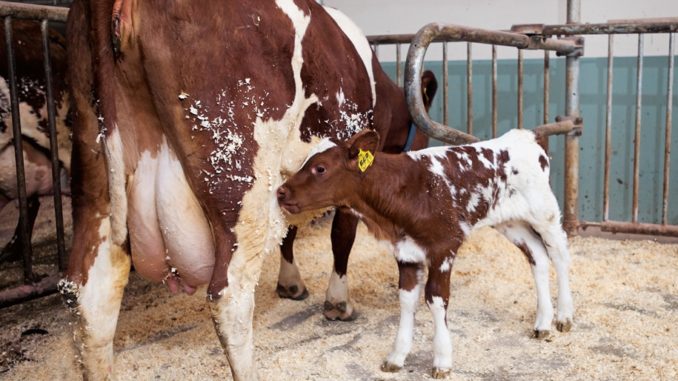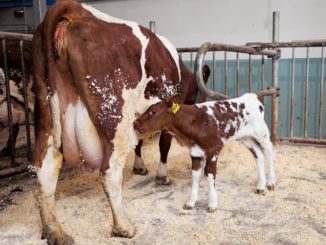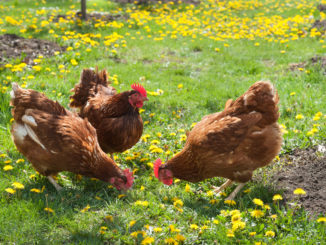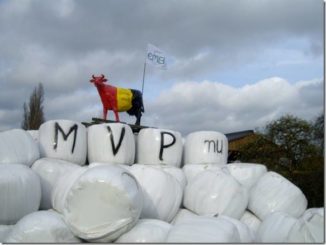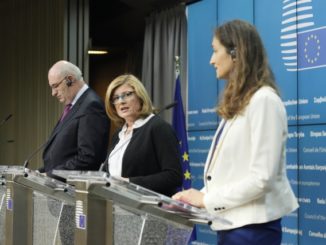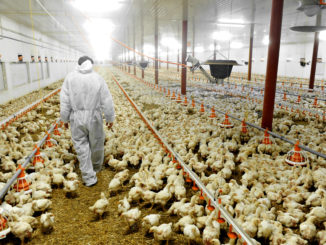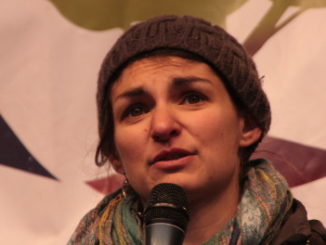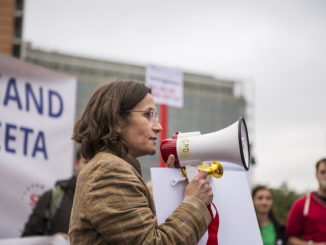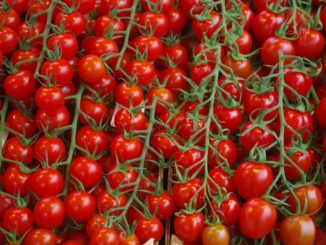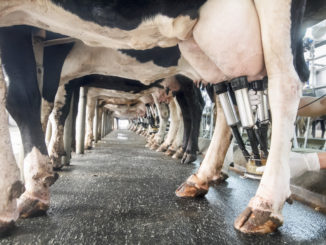By Shefali Sharma, European Director IATP, 12.07.2016 The Institute for Trade Policy’s European Office, along with international group Compassion in World Farming (CIWF), German member of Via Campesina—Arbeitsgemeinschaft bäuerliche Landwirtschaft e.V. (AbL) and PowerShift launched their new report Selling Off the Farm: Corporate Meat’s Takeover through TTIP with a panel discussion and a press briefing at the European Parliament on the 12th July. Some key findings from the report: Many new agricultural and food technologies are being developed or already utilized with limited or no regulation. TTIP will make rulemaking in the public interest much more difficult in the future for technologies such as gene editing and cloning. Labour and environmental regulations related to the meat industry are inadequate on both sides of the Atlantic and need to be strengthened. Trade unions and environmental campaigns have achieved incremental gains; however, TTIP is likely to make it difficult to improve regulations. The chilling effect of TTIP’s (de)regulatory cooperation provisions will make it increasingly challenging in the future to effectively regulate impacts of the meat industry on climate change […]
